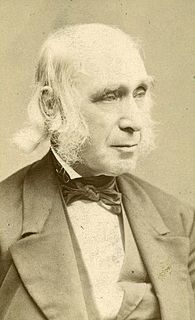 W
WAmos Bronson Alcott was an American teacher, writer, philosopher, and reformer. As an educator, Alcott pioneered new ways of interacting with young students, focusing on a conversational style, and avoided traditional punishment. He hoped to perfect the human spirit and, to that end, advocated a plant-based diet. He was also an abolitionist and an advocate for women's rights.
 W
WLouisa May Alcott was an American novelist, short story writer, and poet best known as the author of the novel Little Women (1868) and its sequels Little Men (1871) and Jo's Boys (1886). Raised in New England by her transcendentalist parents, Abigail May and Amos Bronson Alcott, she grew up among many well-known intellectuals of the day, such as Ralph Waldo Emerson, Nathaniel Hawthorne, Henry David Thoreau, and Henry Wadsworth Longfellow.
 W
WOrestes Augustus Brownson was a New England intellectual and activist, preacher, labor organizer, and noted Catholic convert and writer.
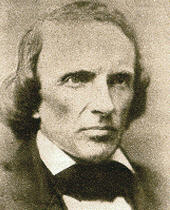 W
WWilliam Henry Channing was an American Unitarian clergyman, writer and philosopher.
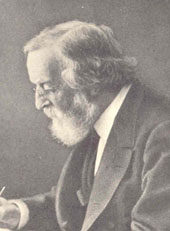 W
WJames Freeman Clarke was an American theologian and author.
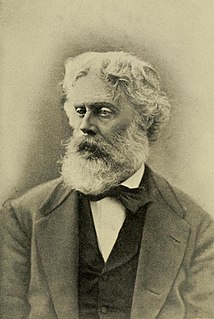 W
WChristopher Pearse Cranch was an American writer and artist.
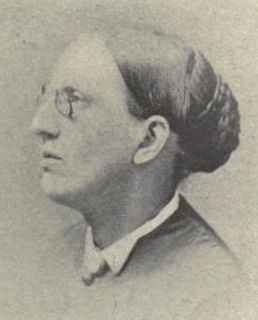 W
WCaroline Wells Healey Dall was an American feminist writer, transcendentalist, and reformer. She was affiliated with the National Women's Rights Convention, the New England Women's Club, and the American Social Science Association. Her associates included Elizabeth Peabody and Margaret Fuller, as well as members of the Transcendentalist movement in Boston.
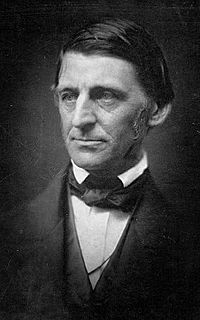 W
WRalph Waldo Emerson, who went by his middle name Waldo, was an American essayist, lecturer, philosopher, abolitionist and poet who led the transcendentalist movement of the mid-19th century. He was seen as a champion of individualism and a prescient critic of the countervailing pressures of society, and he disseminated his thoughts through dozens of published essays and more than 1,500 public lectures across the United States.
 W
WConvers Francis was a Unitarian minister from Watertown, Massachusetts.
 W
WSarah Margaret Fuller Ossoli was an American journalist, editor, critic, translator, and women's rights advocate associated with the American transcendentalism movement. She was the first American female war correspondent, writing for Horace Greeley's New-York Tribune, and full-time book reviewer in journalism. Her book Woman in the Nineteenth Century is considered the first major feminist work in the United States.
 W
WFrederic Henry Hedge was a New England Unitarian minister and Transcendentalist. He was a founder of the Transcendental Club, originally called Hedge's Club, and active in the development of Transcendentalism. He was one of the foremost scholars of German literature in the United States.
 W
WSylvester Judd was a Unitarian minister and an American novelist.
 W
WTheodore Parker was an American transcendentalist and reforming minister of the Unitarian church. A reformer and abolitionist, his words and popular quotations would later inspire speeches by Abraham Lincoln and Martin Luther King Jr.
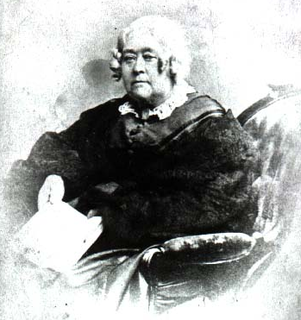 W
WElizabeth Palmer Peabody was an American educator who opened the first English-language kindergarten in the United States. Long before most educators, Peabody embraced the premise that children's play has intrinsic developmental and educational value.
 W
WGeorge Ripley was an American social reformer, Unitarian minister, and journalist associated with Transcendentalism. He was the founder of the short-lived Utopian community Brook Farm in West Roxbury, Massachusetts.
 W
WJones Very was an American poet, essayist, clergyman, and mystic associated with the American Transcendentalism movement. He was known as a scholar of William Shakespeare and many of his poems were Shakespearean sonnets. He was well-known and respected amongst the Transcendentalists, though he had a mental breakdown early in his career.